Recently, I had several similar conversations. People would ask me about my holiday plans. I would tell them the country I would be going (Iceland, Jordan, …). They would ask me what I was planning to do there. Hiking. They would ask me if I would go with my family, a group, others … I would answer I would go on my own. And with each of my answers, I would see their amazement growing. Why hiking?! Why alone?!
Over the years, I have learned that hiking makes me instantly disconnect from my work. Instead of thinking about work, I’m focussing on the question if I have enough water. Rather than Facebooking, I’m figuring out what food to eat best. Cities tend to have the opposite effect for me – I get distracted, get work inspiration from things I see and stay in my normal routine – pretty much exactly what I wasn’t looking for. Nature has become a balance to my city life.
Step one: The Hunt

I love talking with others about hikes. About their experiences on the Annapurna Circuit. How they appreciated the Torres del Paine trail. How the Kungsleden was one of the best hikes of their lives. About the amazing nature, about the struggles they had. I collect these in my bucket list of hikes.
This sharing of ideas and experiences is only the start.
Step two: Preparing and planning
When I decided on the hike I want to do (based on time of year, etc), I start planning and preparing. And I have my own ritual of steps for this (see for example for the Jordan Trail). From original idea to locking in the trip and from a rough day planning to a detailed planning (including sometimes even a water planning). I can spend hours and hours preparing and planning my hikes. There’s a strange kind of zen I get from going over the trail maps again and again. To making packing lists, to see where I can shave off some grams or pack smarter.
All this preparation gives me the confidence to experience my hike in the moment. I know I will be ready for whatever comes my way. And by hiking in the moment I can truly immerse myself in local nature and culture.
Step three: Hiking in itself
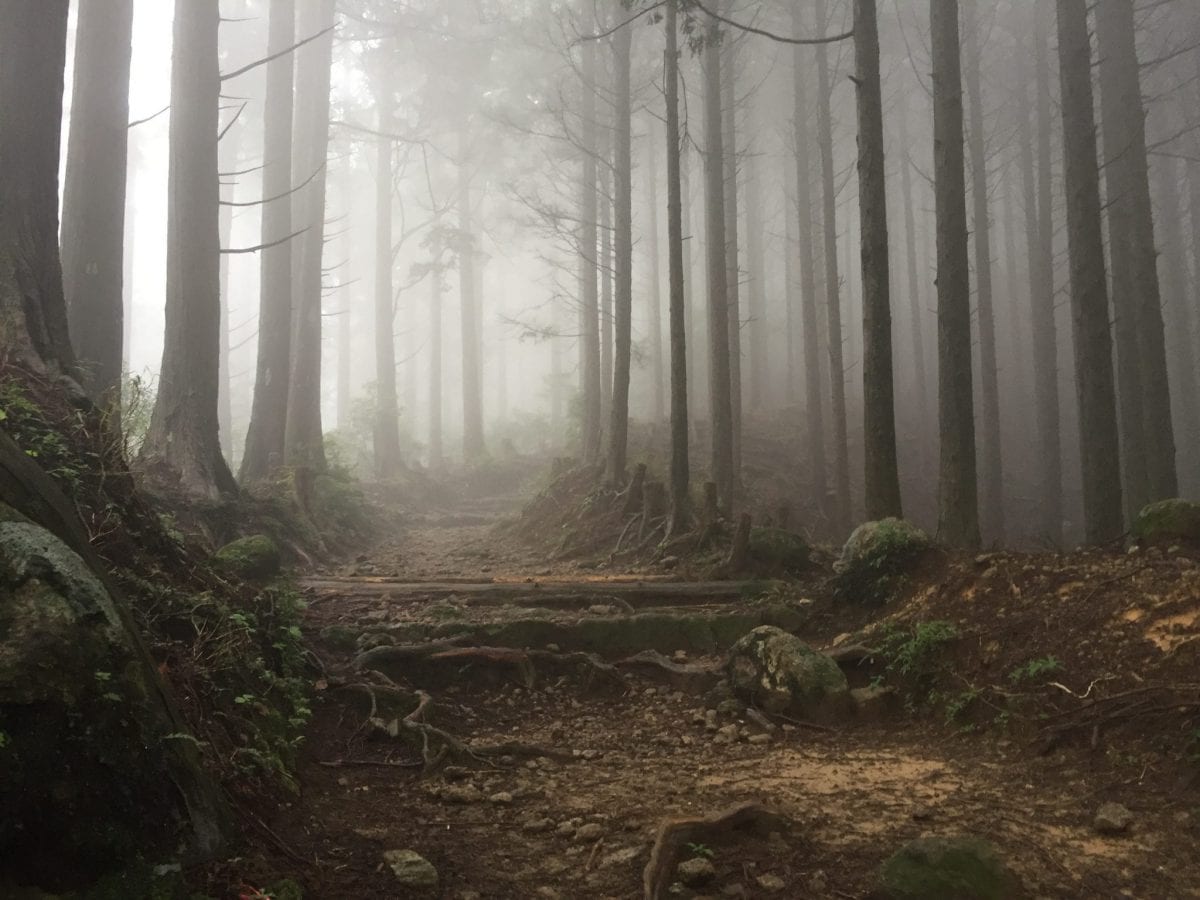
The hike itself is just part of the total appeal of hiking.
As soon as I’m on the trail, the rest of the world seems to fade. There’s just nature and me. Over the years, I have learned that hiking makes me instantly disconnect from my work. Instead of thinking about work, I’m focussing on the question if I have enough water. Rather than Facebooking, I’m figuring out what food to eat best.
I’m watching the weather for sudden changes. Talking to others on the trail. Not about work, but about how they feel, if they’re ok, if there are special things on the trail.
But it’s more. The physical challenge. Getting out of your comfort zone. Setting new boundaries. Exploring your boundaries.
Step four: Immersing in local life

Hiking is a great way to explore the essence of a country. Your feet will take you places you often can’t get by car, plane or other transportation.
The speed (or lack of) allows you to really appreciate the nature, the views, the local culture. It’s easier to get in contact with locals and share some words, food or drinks, depending on the occasion. To truly eat local food, away from the city. To experience life away from the business of large cities like Reykjavik, Tokyo, Kyoto or Amman.
Step five: Looking back

Not seldom, my hikes are life-defining experiences for me. While I seldom will think about specific city trips (even if I truly experience them the omakase-way) on a regular basis, very often I will about my hikes. The mystical experience of the Kumano Kodo and my very first true omakase that was connected to it that helped me to embrace the unexpected even more. The dangerous moments on the Laugavegur trail, that taught me to appreciate my family even more.
To conclude
For me hiking is more than just hiking. It is a range of steps that each have its role in disconnecting from a busy life. A way to experience and appreciate more.

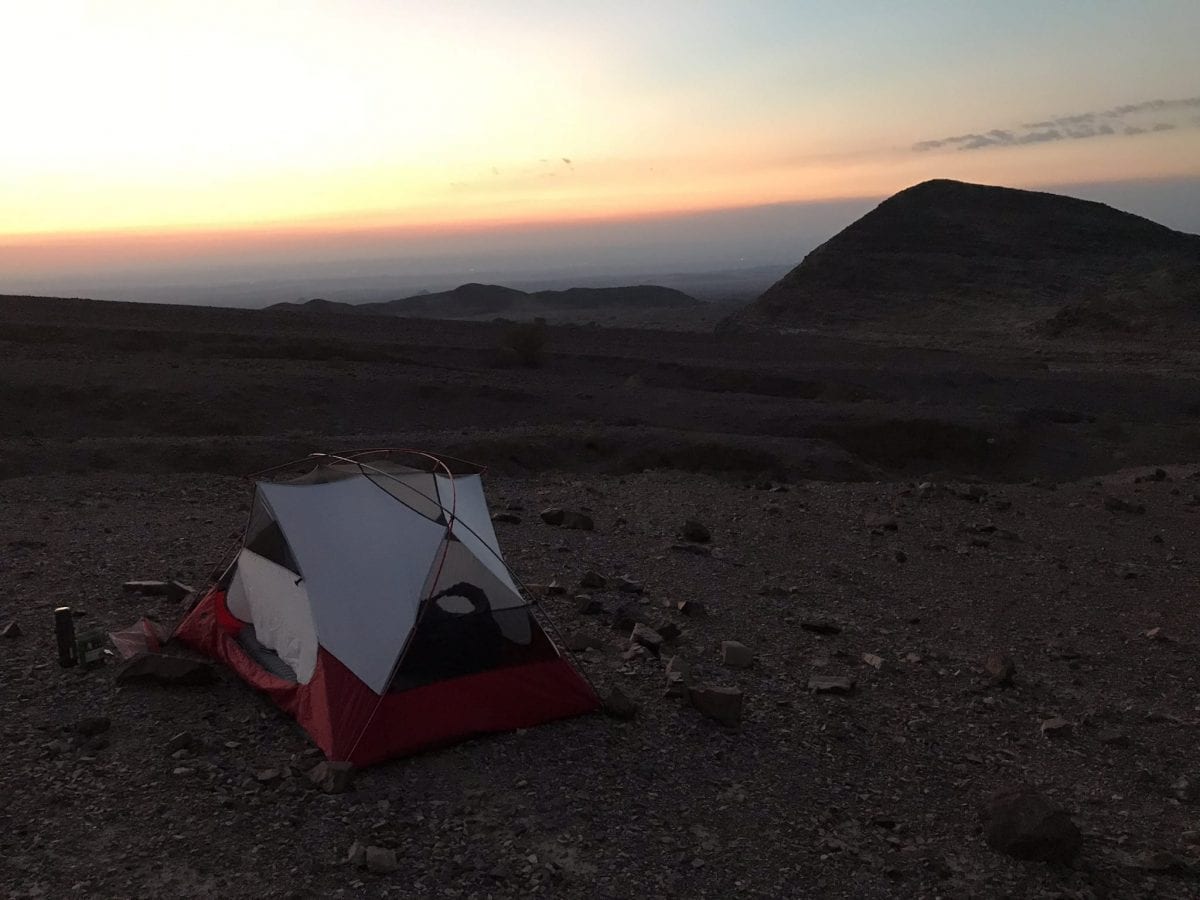
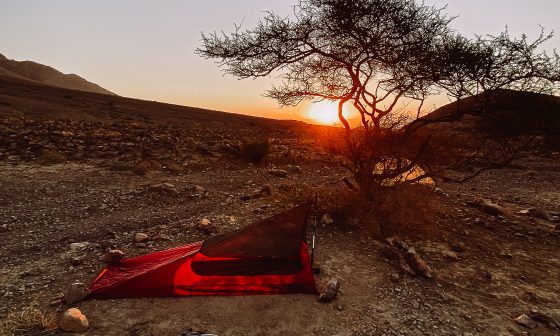
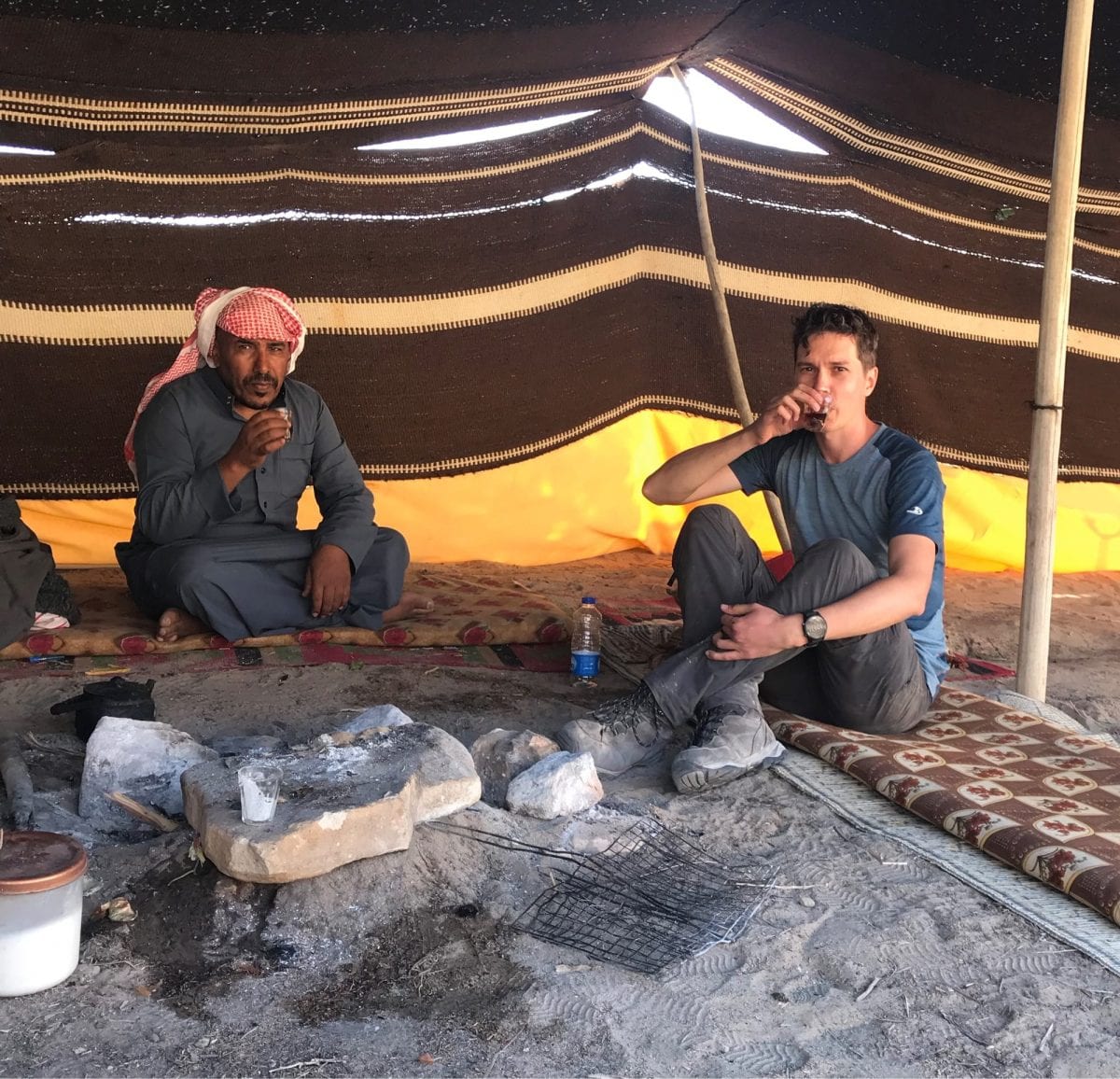
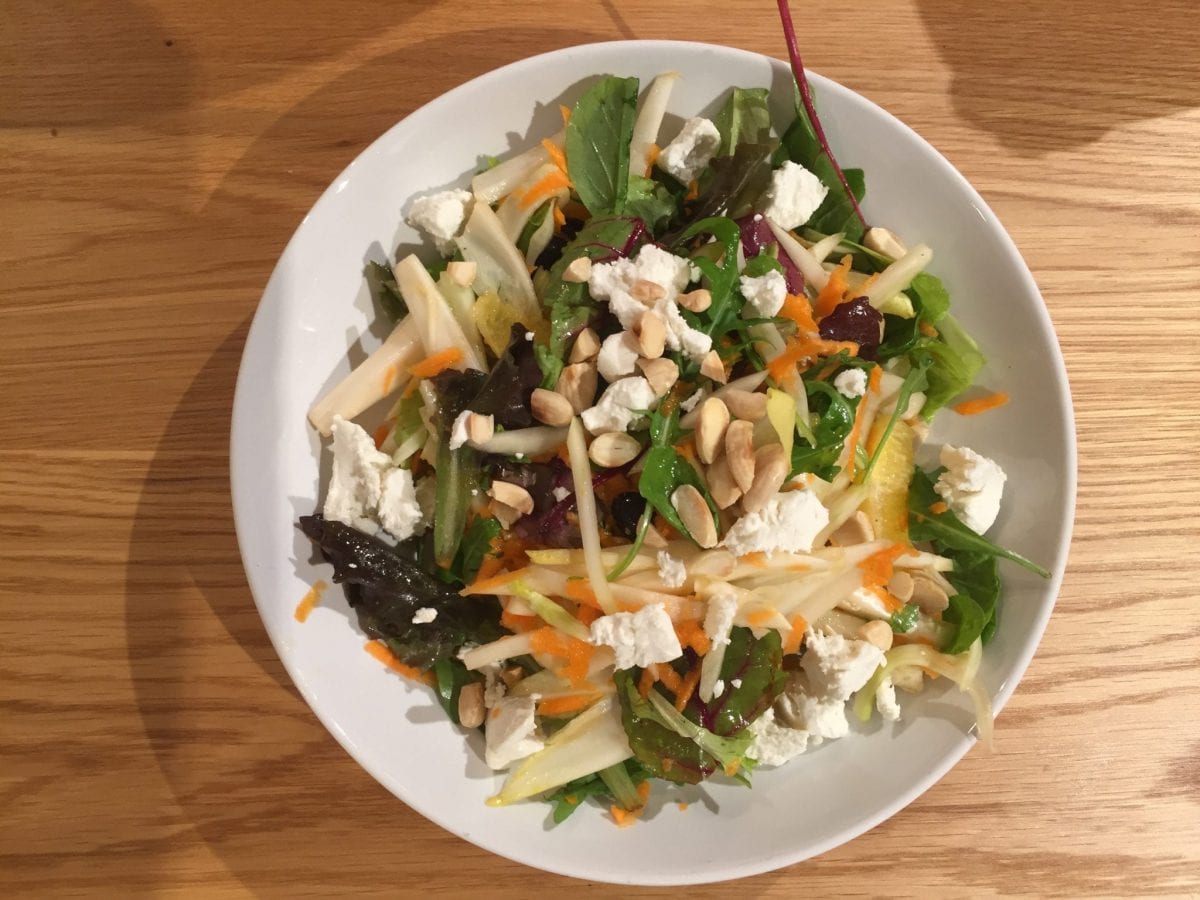
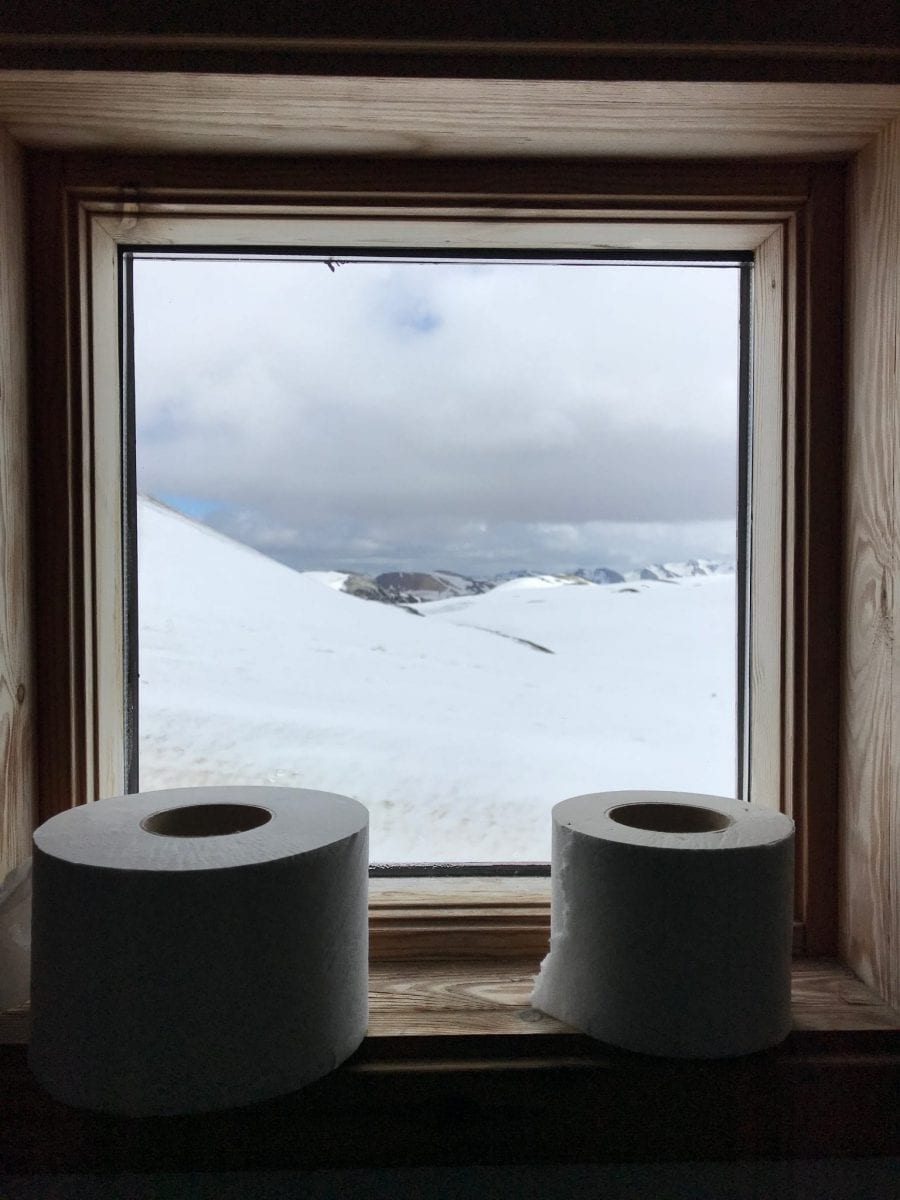
5 comments